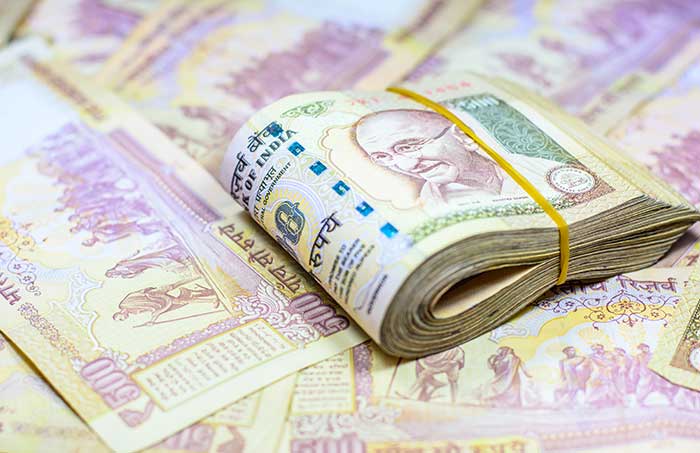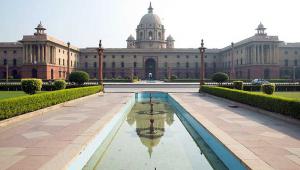A series of last-minute concessions to critics of the incoming nationwide goods and services tax (GST) will see rates lowered on 66 different items, ranging from school bags and cinema tickets to levies on labour in industries like textiles.
The council overseeing the implementation of the tax hopes this will placate critics and secure the smooth implementation of the GST, which will replace India’s myriad of local taxes, in effect creating a single market for the whole country for the first time.
Announcing the tax cuts yesterday, finance minister Arun Jaitley said the move responded to some of the 133 concerns raised and submitted to the council.
He said that, while the tax targeted revenue equivalence with the rates being paid now, in some cases this had been reduced in order to benefit consumers.
“Therefore there would be a reverse revenue impact if other things remained equal,” he explained.
“But we are also hoping on revenue buoyancy and a check on inflation the GST will ensure so as to make up for that loss.
“One of the objects and advantages of GST is that you bring the rates down but the base expands so you maintain the level of taxes.”
He accepted some revenue may be lost, but this will be in return for an eased burden on key job-creating industries.
The introduction of the GST is one of the main pillars of an economic modernisation plan led by prime minister Narendra Modi, who was elected in 2014.
It will streamline a fragmented and complex system of state-level taxes, which is not only inefficient when it comes to tax collection but is also a key barrier to easily doing business in the country.
However the GST will mark the most wide-ranging tax reform since India gained independence in 1947, and has caused concern from both state governments, who fear they could lose revenues, individual industries and small businesses.
The reform had already been stuck in parliament for years when it was finally passed last August, with successive governments also trying and failing to introduce the tax in the past.
To ease implementation, the council announced planned rates on labour in textile, leather, printing and jewellery and diamond processing would be slashed from 18% to 5%.
Rates on a range of specific items including plastic tarpaulin, school bags, printers, tractor components and concrete pipes would be cut by 10 percentage points, from 28% to 18%, with the same reduction for cinema tickets costing less than 100 rupees.
Packaged food, including fruit, vegetables, pickles and condiments, exercise books and cutlery would meanwhile fall from 18% to 12%, while cashew nuts, incense and insulin would see a reduction from 12% to 5%.
Harpreet Singh, indirect tax partner at KPMG India, said the council had done a “good job” on hearing and responding to feedback from industry players, with their decisions likely to have a positive impact on various sectors.
He also gave the council a “big thumbs up” for providing relief to the “common man” with rate reductions on many consumer goods.














